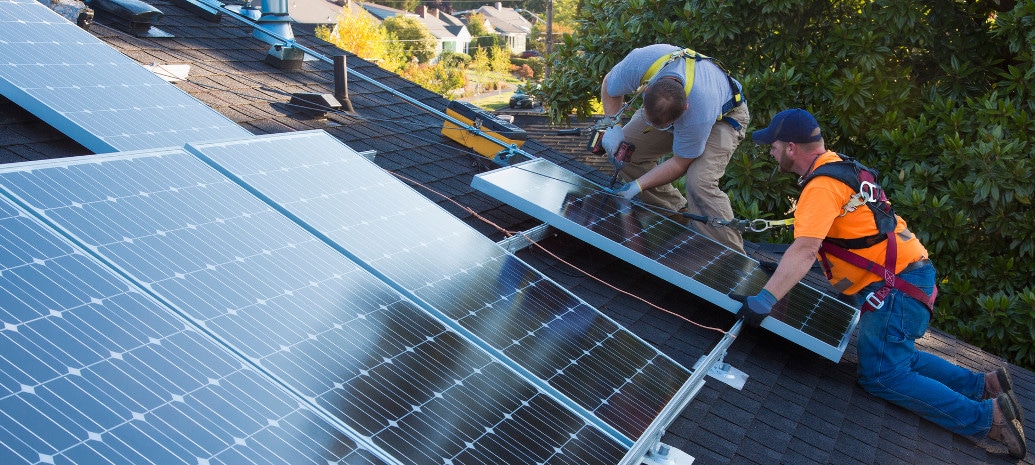Online shopping platforms like Amazon have disrupted the retail industry in the United States. What started with books has spread to clothing and even groceries. These days we buy plane tickets, train tickets, and even pay our taxes online. Sooner or later, this model was going to come to solar as well.
Currently only 3% of residential PV sales are currently conducted through online platforms such as EnergySage and Pick My Solar, which present “apples to apples” quotes from a variety of installers to prospective customers. However, a recent report by the U.S. Department of Energy’s National Renewable Energy Laboratory (NREL) found that this model is saving consumers substantial sums.
By taking a study of actual prices paid on Pick My Solar and comparing these to previously collected national sales data from the same time period, and then incorporating data from a previous report that studied EnergySage prices, NREL estimates that “quote platforms” save their customers an average of $0.20 to $0.40 per watt. This is equivalent to $1,000 to $2,000 in savings for a typical 5 kW system.

Solar Buyer’s Markets also found that prices for battery installations were lower through these online platforms; however NREL has been hesitant to put numbers on this, citing a smaller sample size.
Market changes
Despite the relatively low national share of residential installations that are contracted through these online platforms, NREL confirms the claims that these platforms are growing. And as they do, they and the lower system costs that they bring are likely to bring changes to the larger solar market.
NREL says that greater use of these platforms will likely decrease installer profit margins, but could also shift shares from high-volume national-scale installers to local installers. Some of this is because many of the largest national installers traditionally have not participated in the quote platforms.
This would add to a trend that has been observed over the last few years: a shift from consolidation of residential installations towards more growth by mid-sized and smaller installation companies, which has been in part due to Tesla and Vivint pulling back from aggressive growth and focusing instead on profitability in their solar sales.
And while the full effects of these quote platforms have yet to be seen, in the interim this is good news for consumers.
This content is protected by copyright and may not be reused. If you want to cooperate with us and would like to reuse some of our content, please contact: editors@pv-magazine.com.









By submitting this form you agree to pv magazine using your data for the purposes of publishing your comment.
Your personal data will only be disclosed or otherwise transmitted to third parties for the purposes of spam filtering or if this is necessary for technical maintenance of the website. Any other transfer to third parties will not take place unless this is justified on the basis of applicable data protection regulations or if pv magazine is legally obliged to do so.
You may revoke this consent at any time with effect for the future, in which case your personal data will be deleted immediately. Otherwise, your data will be deleted if pv magazine has processed your request or the purpose of data storage is fulfilled.
Further information on data privacy can be found in our Data Protection Policy.